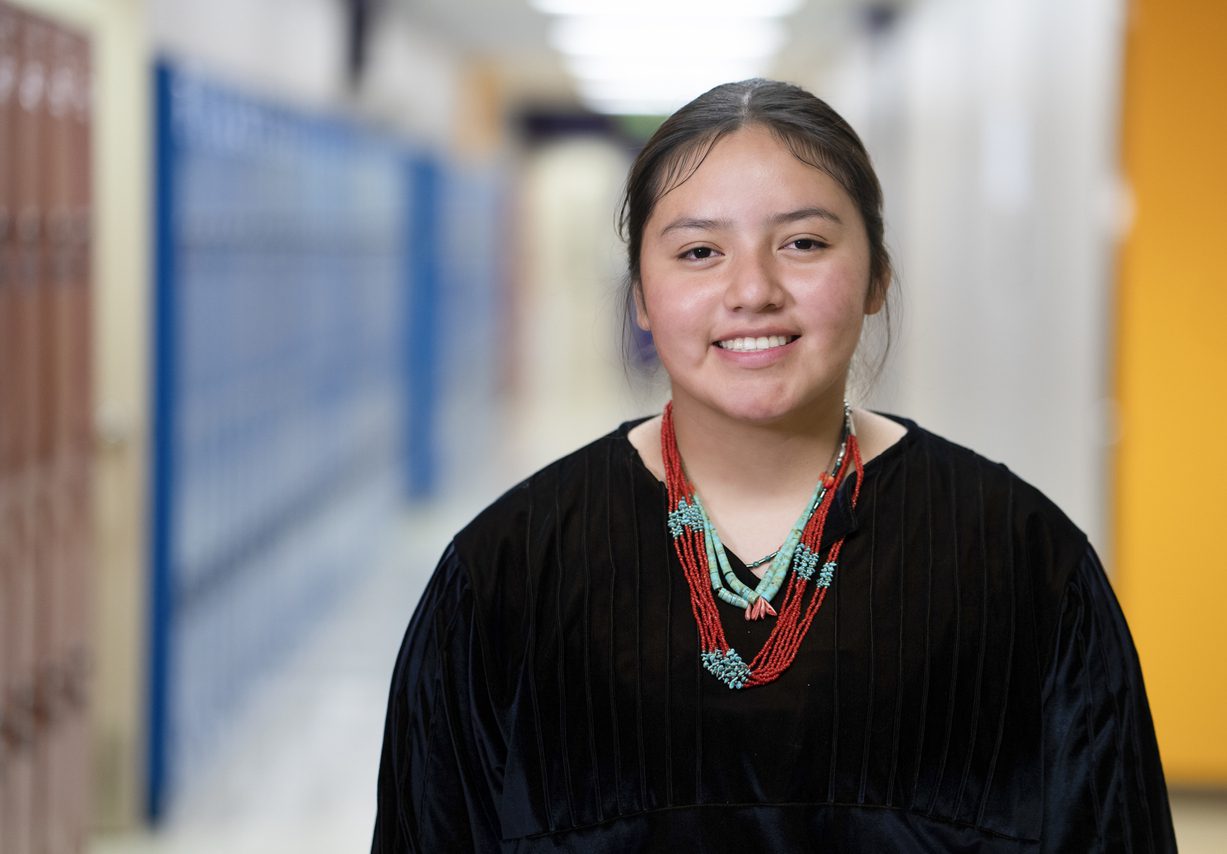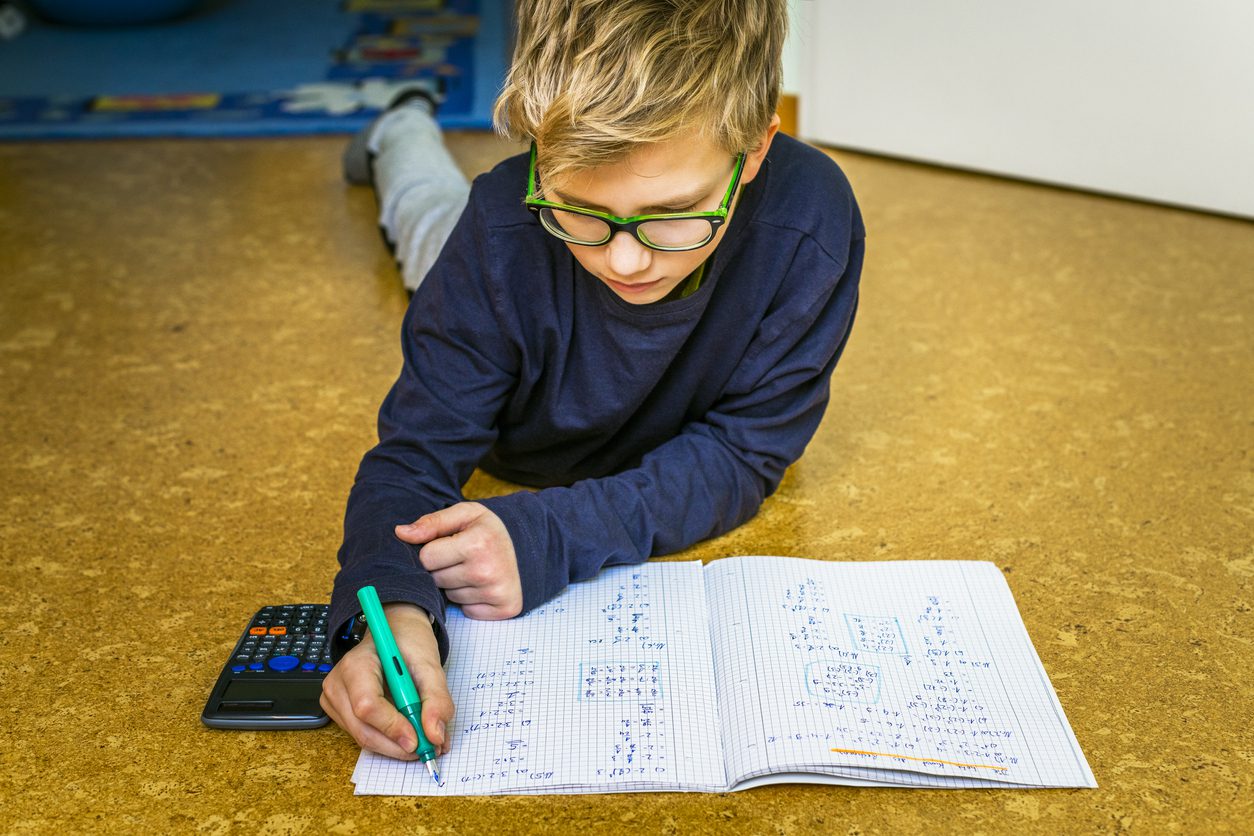What are some ways parents can demonstrate the relevance of the academic concepts their kids are being taught in school? Here are 4 tips on how to tailor learning to your student’s interests!
One of the best ways to engage students is to show how their existing interests tie in with what they are already learning in school. Tutors often refer to this as applied learning, and these sort of “extracurricular” activities can really help solidify a student’s understanding of academic concepts.
1. Plan activities.
For example, this may involve the use of playtime and toys to illustrate mathematical principles for younger students. We also recommend planning family excursions to local parks, museums, libraries, and community events. Here are a few suggestions to get started!
- How to Build Learning Into Everyday Activities
- Computer STEM Projects to Try at Home
- Fun Indoor Learning Activities for Kids to Try This Winter
- How to Spark Interest in STEM Subjects
2. Suggest hobbies.
At Tutor Doctor, we love hobbies of all kinds! Whether it’s writing short stories, sketching doodles, or snapping photos – hobbies are a wonderful way to connect learning to your student’s personal interests.
It’s easy to forget that many hobbies actually require a number of academic skills! For example, learning a musical instrument encourages both language-based skills (reading and writing music) as well as mathematical concepts (musical scales and keys).
In addition, hobbies are also impressive extracurricular activities to include on any college application! Check out the links below for some suggestions:
- 5 Great Hobbies for the New Year
- Encouraging Your Child to Pick Up A Musical Instrument
- Selfies and Portraits: How Photography Can Inspire Imagination & Creativity in Students
3. Explore content.
Parents can also encourage students to seek out additional content that appeals to them. Think of local history, life science, performing arts, craft fairs, movie nights – just to name a few!
- 5 Great Movies that Bring History to Life
- Our Top 3 Educational Documentaries for Kids of All Ages
- Our Top Virtual Field Trips You Can Do From Home
Tutor Doctor Tip: Want to encourage your child to explore independently? Check out Open-Ended Questions to Inspire Your Child’s Curiosity for more info!
4. Work with a tutor.
Students are all unique and have preferred methods of absorbing new information. Some students are visual learners and need to see information being presented, whereas other students are auditory learners and work best when hearing verbal explanations during a lesson. Other students are tactile learners and prefer working with their hands, often requiring physical objects (like marbles or building blocks) to demonstrate concepts properly.
It’s not always easy to identify which learning style your student prefers – which is why this should be a primary goal for any seasoned tutor. Knowing a student’s ideal learning style allows tutors to customize lesson plans, explanations, and session structure to the student’s individual needs.




